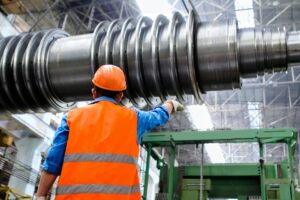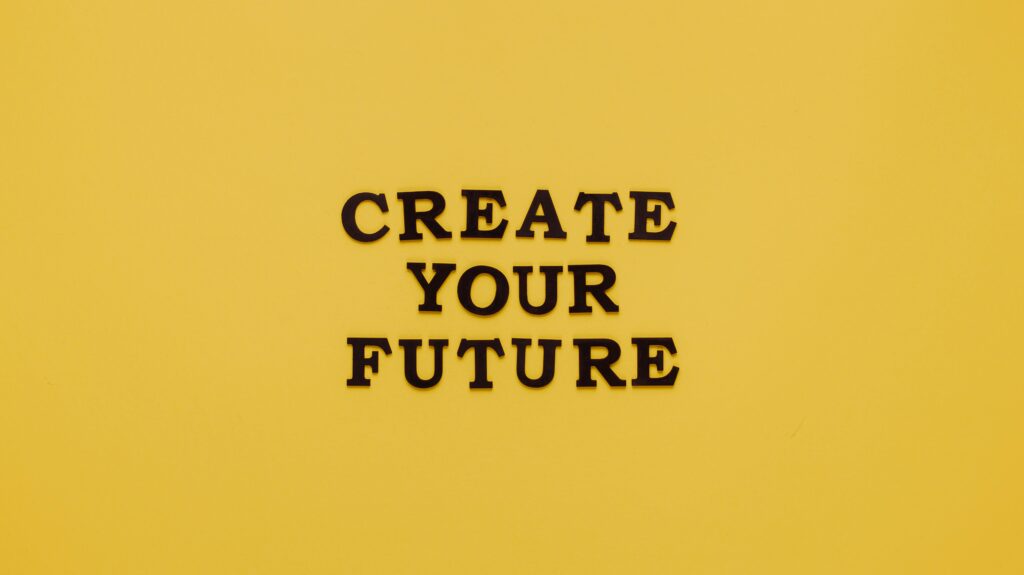Career choice is likely the most important decision we can make, and the impact reaches far beyond occupation or compensation. A career is what we do every day, influences our mental and physical health, influences our personal relationships, and even determines who we are. No decision is permanent, naturally, but the direction we go first can be a ripple effect that lasts an entire lifetime.
1. Quality of Life and Job Satisfaction
The job we choose directly affects our lifestyle. For instance, certain jobs entail long hours of work, high stress levels, or regular travel, affecting personal time, sleep, and overall health. In contrast, a job that is connected to your passion and strengths can be engaging and inspiring, resulting in more happiness and fulfillment. Individuals who like what they do are more optimistic in life and are less impacted by mental illness.

2. Financial Stability and Freedom
Your career also determines your income potential, which in turn determines your capacity to purchase housing, medical care, education, and activities such as vacations. Money isn’t everything, but money can alleviate many of life’s frustrations. Obviously, one also has to weigh income against personal values and lifestyle requirements—attempting to earn a high income in a career you despise can be disastrous, while a lower-income career you love may be more peaceful and fulfilling.

3. Personal Purpose and Identity
For most, a career becomes the characteristic of their identity. When someone asks, “I’m a doctor” or “I’m a teacher,” it is not merely a job—it is who they are and what they feel passionate about. What we do may provide us with a sense of purpose, particularly if we make a positive contribution to society. Discovering a career that aligns with your values and objectives may create a stronger sense of identification with one’s work and a stronger sense of identity.
4. Social Life and Relationships
Professional life can also influence interpersonal relationships. Stressful jobs can take away time from family and friends, whereas flexible jobs offer work-life balance. Moreover, the people we work with—our colleagues, customers, or guides—can also become close friends and sources of inspiration. Even others find a life partner through professional life.

5. Opportunities for Growth and Development
The correct career can challenge you to develop, learn, and test yourself. Ongoing learning, either through formal education or in the workplace, is critical to career and personal growth. Consistent work in an evolving career that keeps you occupied can keep you sharp and engaged in your mind for your whole life.
Conclusion
Career choices are extremely personal and have the ability to impact almost every aspect of life. It is fine to change direction or experiment, but to be mindful of your decisions in early life is to have an equal portion of a balanced and fulfilling life. The secret is to do something that not only pays the bills but also which you like, which supports your way of life, and which enables you to develop as an individual. We spend a large part of our lives working—why not make it meaningful? Let me know if you’d like me to write this for students, career changers, or a specific career!




